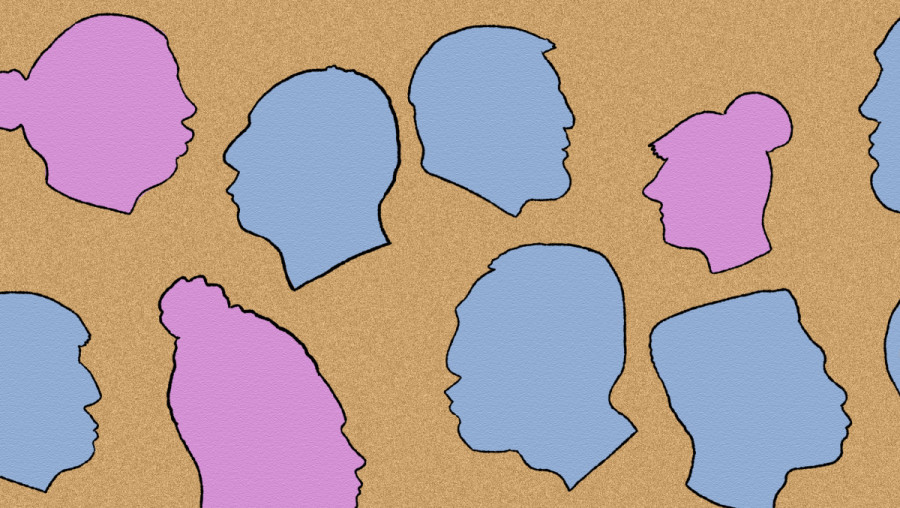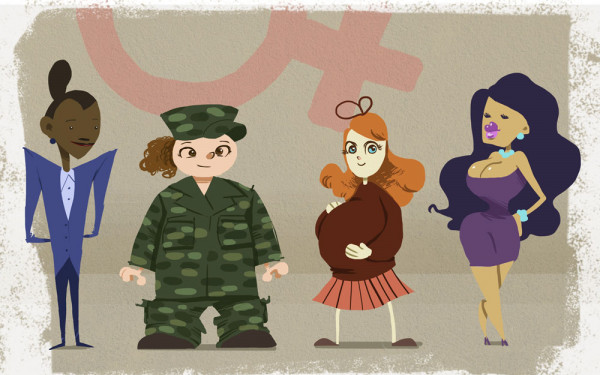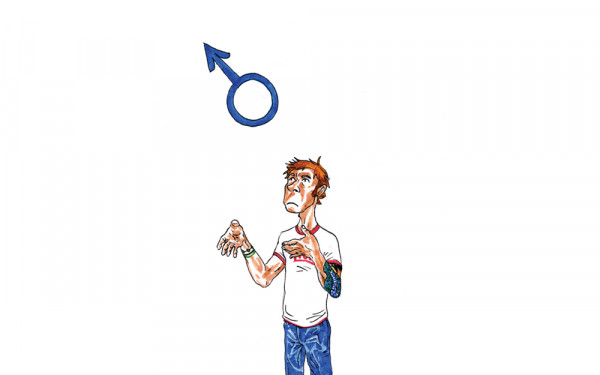Autism: A gendered reality
Gender norms play a role in diagnosis disparity
Autism awareness month in Canada was created in 1933; marked each year, yet as a society, our knowledge of autism remains surface level.
As I learnt more about autism as a psychology student, I realized that most of the knowledge I thought I had about autism revolved around misconceptions and stereotypes.
One of the main misconceptions is that it’s a single disorder. Autism Spectrum Disorder (ASD) is considered to be a multifactorial disorder resulting from non-genetic and genetic risk factors and interactions. It varies in the severity of the symptoms which is why autism is seen as a spectrum.
Interestingly enough, autism is known to be more common in men than women. This is highly speculative and is a possible result of a diagnostic bias towards males.
Society has a specific idea of how men and women should be—men being more outspoken and expected to take the role of a leader, whereas women are expected to be more soft, shy and acquiescent. So when a young boy shows common autism symptoms like social deficits, those behaviours are not as tolerated, whereas for a young girl, it’s expected.
Another reason why female children are harder to diagnose is because female children tend to mimic other children more than male children in order to fit in. Frustratingly enough, these reasons make it harder for women to be diagnosed with ASD.
It’s unfortunate that these biases still exist in the medical profession. It’s common to read stories by parents who have a daughter with autism who was diagnosed late, even after consulting with multiple doctors.
Since we’re in a time where gender roles are questioned and debated, it’s important to consider and look into how women with mental illness are affected, because late diagnoses for mental disorders seems to be another thing that affects women more than men.
Growing up, I’ve always been around women who altered their personalities to gain acceptance from men in their personal and professional lives, from their in-laws, colleagues, and others. I’ve seen women who are afraid to start a family while working because of gender biases in the workplace, afraid to take a break in case they’re seen as being “weak.” Personally, I can count several instances where I subconsciously altered my personality in order to fit into these stereotypical expectations of what a woman should be.
Although we’re definitely making progress as women, the sad reality is that the subordination of women is still enlaced in every institution. As a generation that claims to be forward and modern, it’s important to spread awareness and educate ourselves on gender biases and the role they play in our individual lives.






_600_375_90_s_c1.jpg)
